Ambedkar’s Legacy Lives on in Anti-Caste Peasants’ Movements
Ambedkarite peasant radicalism of the 1930s provided multiple avenues for Dalits to forge wide-ranging alliances with non-Dalit masses.
India’s oldest Socialist Weekly!
Editor: Dr. G.G. Parikh | Associate Editor: Neeraj Jain | Managing Editor: Guddi
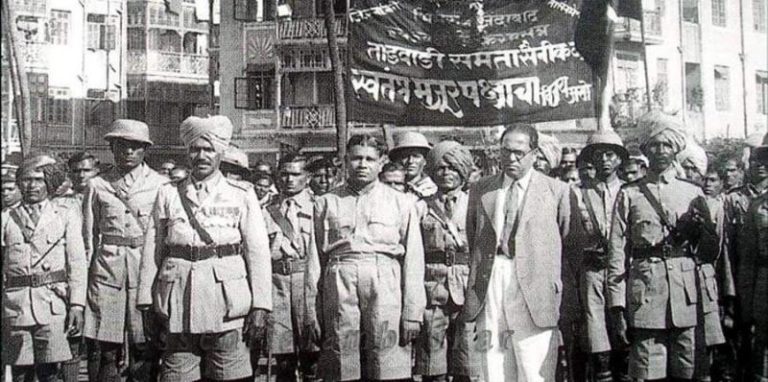
Ambedkarite peasant radicalism of the 1930s provided multiple avenues for Dalits to forge wide-ranging alliances with non-Dalit masses.
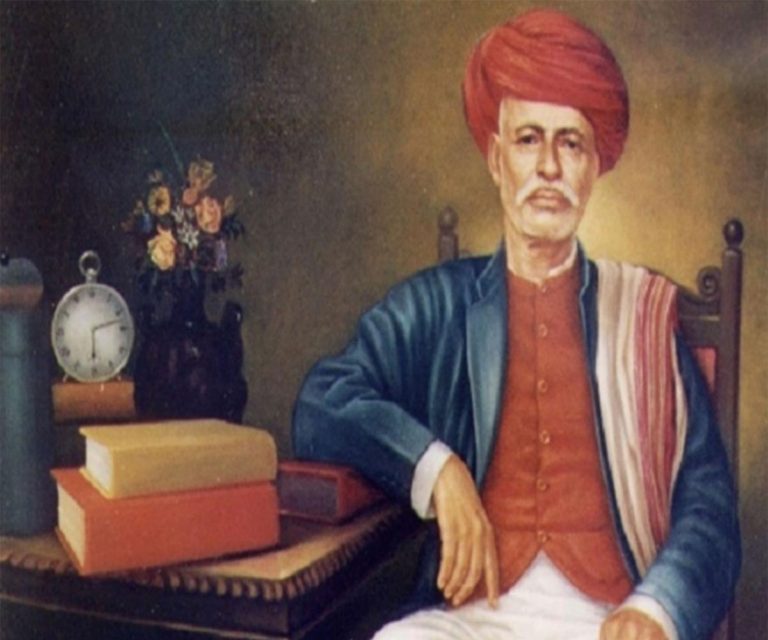
The translation of an essay by Govind Ganapat Kale from the 1981 Marathi book ‘Amhi Pahilele Phule’. The book is a compilation of recollections narrated by Jotirao Phule’s associates and contemporaries, compiled by Pandharinath Patil and edited by Sitaram Raikar.
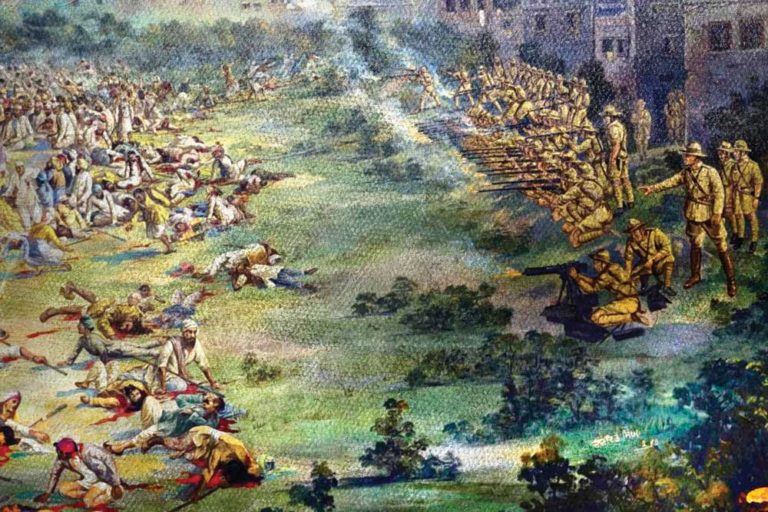
Hindus, Muslims and Sikhs fought and died together for India’s independence.
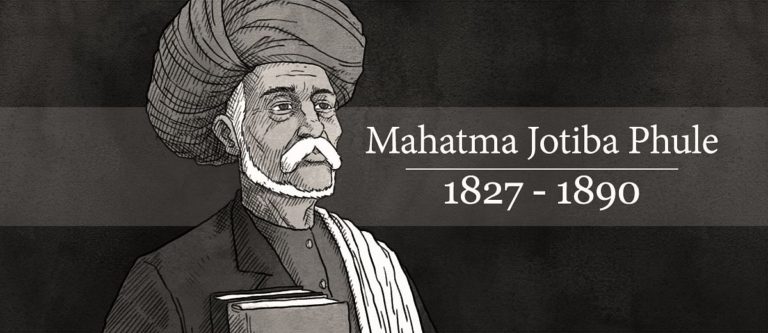
An epoch-maker, Phule is one of the most radical activist-thinkers of the 19th century.

Bhagat Singh understood caste and the practice of untouchability and its associated binary of purity-pollution as an integral part of Hinduism (Sanatana Dharma).

More than half of the faculty positions reserved for OBCs in central institutions of higher education are vacant, while about 40% of those reserved for Scheduled Castes and Tribes also remain unfilled.
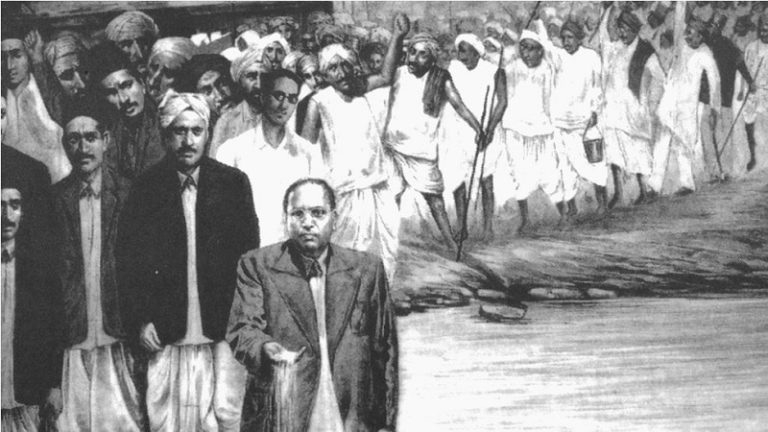
Ninety-four years ago, on March 20, 1927, Babasaheb Ambedkar walked to the public water tank/pond – Chavdar tale – with fellow satyagrahis and drank water from a common property resource denied to the Dalit Untouchables.

Government departments’ apathy and lack of reliable data on manual scavengers is a hurdle to rehabilitation efforts, say stakeholders.

Perhaps, the rulers and administrators manning the State machinery, haven’t heard this verse of Baba Farid Shakarganj (1173-1265 AD): “Farid, the earth questioned the sky, Where are the mighty captains gone? / In their grave they rot, was the reply / And rebuked for tasks not done.”
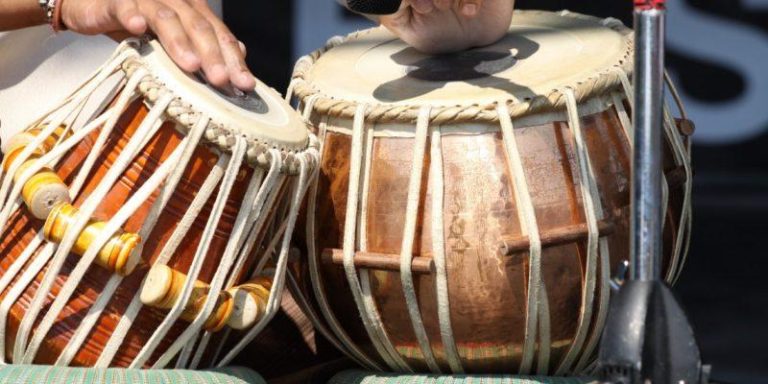
At a recent webinar organized by the UCLA Center for India and South Asia, scholars and artists laid bare the seldom-discussed problem of caste in the performing arts of South India.
Janata Weekly is India’s oldest independent socialist weekly.
Ever since its founding in 1946, Janata has voiced its principled dissent against all conduct and practice that is detrimental to the cherished values of nationalism, democracy, secularism and socialism, while upholding the integrity and the ethical norms of healthy journalism. For more than seventy years now, week after week, it has continued to analyse the changes taking place in the country and the world from a socialist standpoint, and thus promote the spread of socialist ideology in the country.
Address: D-15, Ganesh Prasad, Naushir Bharucha Marg, Mumbai- 400007.
Help us increase our readership.
If you are enjoying reading Janata Weekly,
DO FORWARD THE WEEKLY MAIL to your mailing list and
invite people to subscribe for FREE!